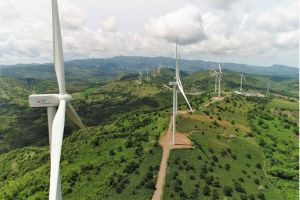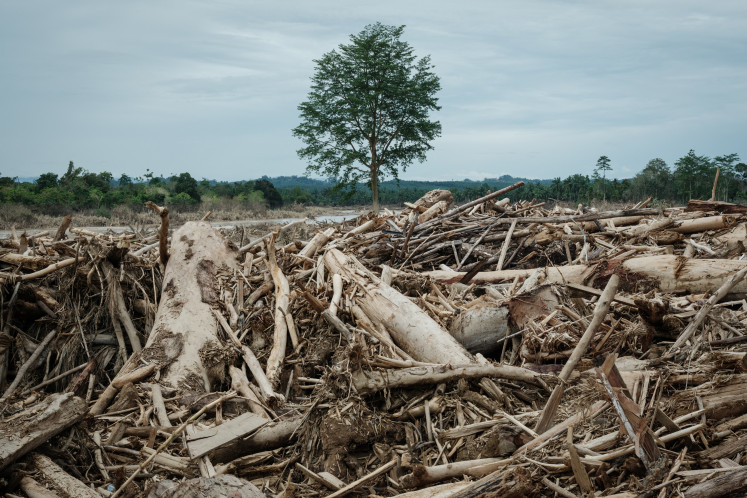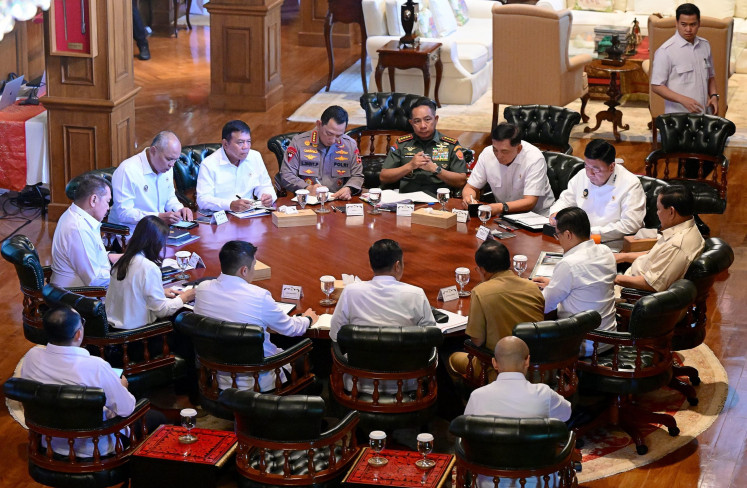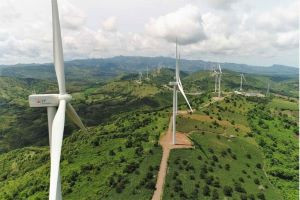Popular Reads
Top Results
Can't find what you're looking for?
View all search resultsPopular Reads
Top Results
Can't find what you're looking for?
View all search resultsThe expensive green delusion
If solar and wind truly were cheaper, the world's poorer nations would have an inexpensive path to leapfrog from energy poverty to energy abundance.
Change text size
Gift Premium Articles
to Anyone
A
sk families in Germany and the United Kingdom what happens when more and more supposedly cheap solar and wind power is added to the national energy mix, and their utility bills will tell you a clear story: It gets far more expensive.
This contradicts the widespread belief that green energy is incredibly cheap. The reality, however, is more complex than what we are often told.
The idea that electricity prices should fall with increased green energy holds true only if we exclusively consume power when the sun shines and the wind blows. But modern societies demand electricity around the clock.
When solar and wind are not available, green energy systems require substantial backup, frequently powered by fossil fuels. This means we are essentially paying for not one, but two power systems. Furthermore, as these fossil fuel backup sources are used less frequently, they must recover their capital costs over fewer operational hours, leading to even higher electricity prices.
Consequently, the true energy costs of solar and wind are significantly higher than often presented. A study focusing on China revealed that the real cost of solar power, on average, is twice as high as coal. Similarly, a peer-reviewed study of Germany and Texas demonstrated that solar and wind are many times more expensive than fossil fuels.
Germany and the UK, despite having abundant low-cost solar and wind capacity, now have some of the world's most expensive electricity. Recent data from the International Energy Agency clearly show a strong correlation between increased solar and wind penetration and much higher average energy prices for both households and industries.
In countries with minimal or no solar and wind, the average electricity cost hovers around 11 US cents per kWh. However, for every 10 percentage points of solar and wind added to the mix, the cost increases by over 4 US cents. These findings were nearly identical in 2019, predating the impacts of COVID-19 and the war in Ukraine.



















